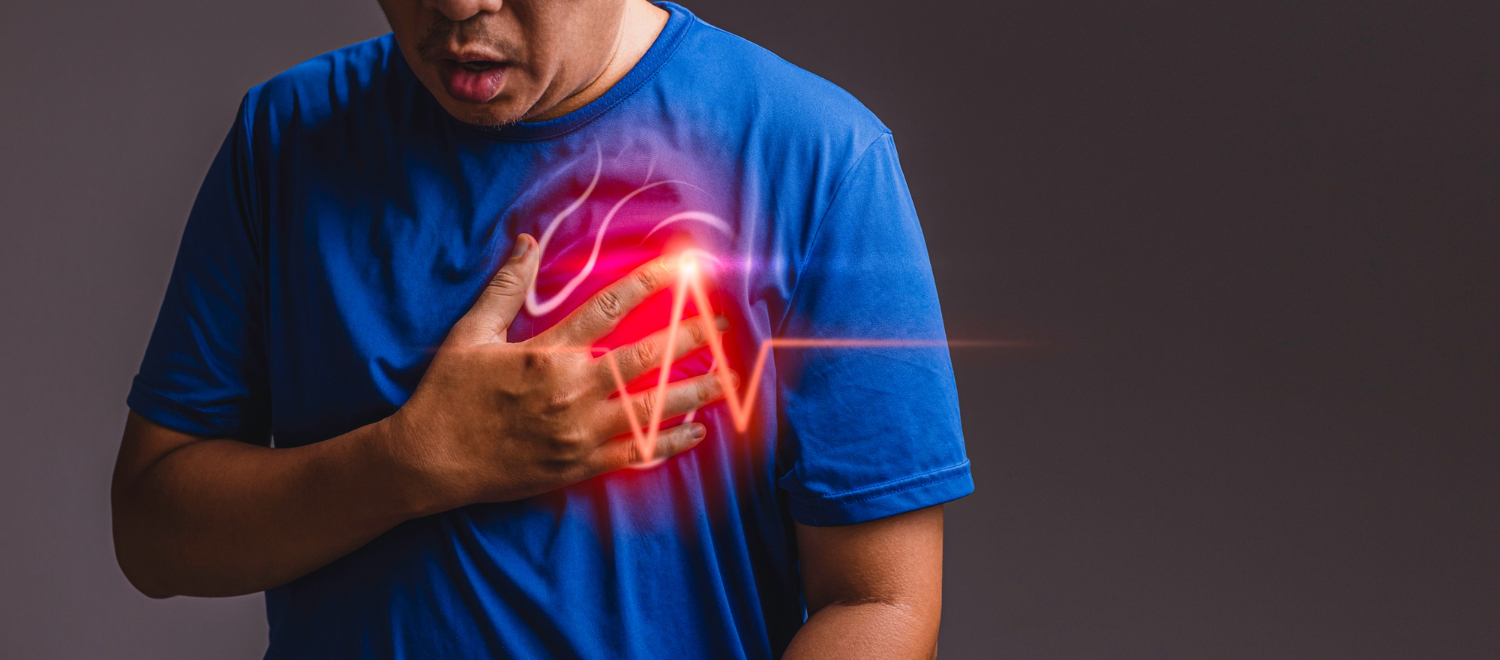How to Recognize the Early Signs of Heart Disease
Heart disease, often referred to as the silent
killer, remains a leading cause of death worldwide. One of the most critical
aspects of managing heart disease is early detection. Recognizing the early signs
can lead to timely intervention and significantly improve outcomes.
This
blog will guide you through the common early symptoms of heart disease and
provide insights into when to seek medical help.
1. Chest
Pain or Discomfort
One of the most well-known symptoms of heart
disease is chest pain or discomfort. This can be as a feeling of tightness,
pressure, squeezing, or fullness in the chest. While chest pain is often
associated with a heart attack, it can also be a sign of other heart conditions
such as angina.
What to Watch For:
- Persistent or recurring chest pain
- Pain that spreads to the shoulders, arms, neck, jaw, or back
- Pain that occurs during physical activity or stress and subsides
with rest
2.
Shortness of Breath
Experiencing shortness of breath, especially
during routine activities, can be an early indicator of heart disease. This
symptom occurs when the heart is unable to pump blood efficiently, leading to
fluid buildup in the lungs.
What to Watch For:
- Difficulty breathing during exertion or while lying flat
- Sudden onset of breathlessness without any apparent reason
- Waking up feeling short of breath, known as paroxysmal nocturnal dyspnoea
3. Fatigue
and Weakness
Unexplained fatigue and weakness are common
early signs of heart disease. When the heart is struggling to pump blood
effectively, the body's tissues and organs receive less oxygen and nutrients,
leading to a feeling of constant tiredness.
What to Watch For:
- Feeling unusually tired after simple activities
- Persistent fatigue that doesn’t improve with rest
- Difficulty performing everyday tasks that were once easy
4. Swelling
(Oedema)
Swelling, particularly in the legs, ankles,
feet, and abdomen, can indicate heart disease. This condition, known as oedema,
occurs when the heart's ability to pump blood is compromised, causing fluid to
accumulate in the tissues.
What to Watch For:
- Swelling that worsens over the course of the day
- Rapid weight gain due to fluid retention
- Swollen veins in the neck
5.
Irregular Heartbeat (Arrhythmia)
An irregular heartbeat, or arrhythmia, can be
an early sign of heart disease. Arrhythmias occur when the electrical signals
that coordinate the heartbeat are not functioning properly.
What to Watch For:
- Sensations of a racing or pounding heart
- Feeling like your heart is skipping beats
- Dizziness, light-headedness, or fainting spells
6. Nausea
and Indigestion
Nausea, indigestion, and other
gastrointestinal symptoms can sometimes be early warning signs of heart
disease, especially in women. These symptoms can be mistaken for less severe
conditions, but it's important to pay attention if they occur frequently and
without clear cause.
What to Watch For:
- Persistent or recurring nausea
- Indigestion or heartburn that is not related to food intake
- Abdominal pain that accompanies chest discomfort
When to
Seek Medical Help
Recognizing these early signs is crucial, but
acting on them is even more important. If you experience any of the above
symptoms, especially in combination, it’s essential to seek medical advice.
Early intervention can prevent more severe complications and improve your
overall heart health.
Conclusion
Heart
disease can be managed effectively with early detection and proper care. By
paying attention to your body and recognizing the early signs, you can take
proactive steps to protect your heart. Regular check-ups, a healthy diet, exercise,
and avoiding smoking are vital components of heart disease prevention.
Remember, your heart health is in your hands – listen to your body and seek
help when needed.
